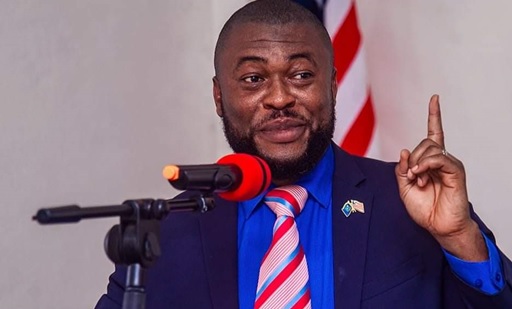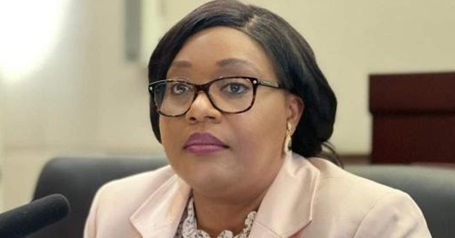MONROVIA, LIBERIA – President Joseph N. Boakai on November 18, 2024, presented the Draft National Budget for Fiscal Year 2025 to Liberia’s National Legislature, totaling US$851.8 million. This submission, marking a crucial step in managing the nation’s finances, aims to advance the country’s development goals and ensure economic stability.
Delivered to the House of Representatives by the Chief Clerk, the proposed budget now enters the legislative review process. It aligns with the ARREST Agenda for Inclusive Development (AAID), focusing on key priorities such as debt servicing, infrastructure, and economic growth.
The FY2025 budget represents a 15.3% increase from the US$738.9 million 2024 recast budget, signaling the administration’s commitment to national progress despite global economic challenges. The budget is divided into two key components: Core Revenue of US$833 million and Contingent Revenue of US$18.8 million, which will support government operations and developmental initiatives.
In his communication to lawmakers, President Boakai stressed the importance of the budget’s timely approval to ensure smooth implementation by January 2025. He emphasized that the budget reflects the government’s dedication to fostering an inclusive economy, creating jobs, improving infrastructure, and addressing the nation’s pressing needs.
The submission complies with Section 17.1 of the 2019 Amendment and Restatement of the Public Financial Management Act of 2009, which requires legislative approval for the proposed budget.
Key Revenue Projections and Allocations Finance Minister Augustine Kpehe Ngafuan provided further details during a press briefing on November 19, 2024, revealing that the total revenue is expected to reach US$851.8 million, with US$791.76 million (93%) coming from domestic revenue. The breakdown is as follows:
Tax Revenue: US$633.72 million (80% of domestic revenue)
Non-Tax Revenue: US$138.5 million (17.4% of domestic revenue)
External Resources: US$60 million (7% of the total budget), including contributions from the World Bank (US$40 million) and the European Union (US$20 million), marking a 50% increase in external funding compared to the previous fiscal year.
Minister Ngafuan also announced that starting in January 2025, all government employees will earn at least US$150 in gross salary, in accordance with the Decent Work Act of 2015. He assured that salaries would be paid on time, with all government workers receiving their wages by the 24th of each month.
The budget includes significant salary adjustments for essential sectors such as healthcare, education, security, and public administration, ensuring improved pay for doctors, teachers, security personnel, and law enforcement officers.
As the legislature begins its review, the public eagerly awaits the approval and implementation of the budget, which aims to drive national development, improve infrastructure, and improve the lives of Liberians, setting the stage for continued progress in FY2025.







